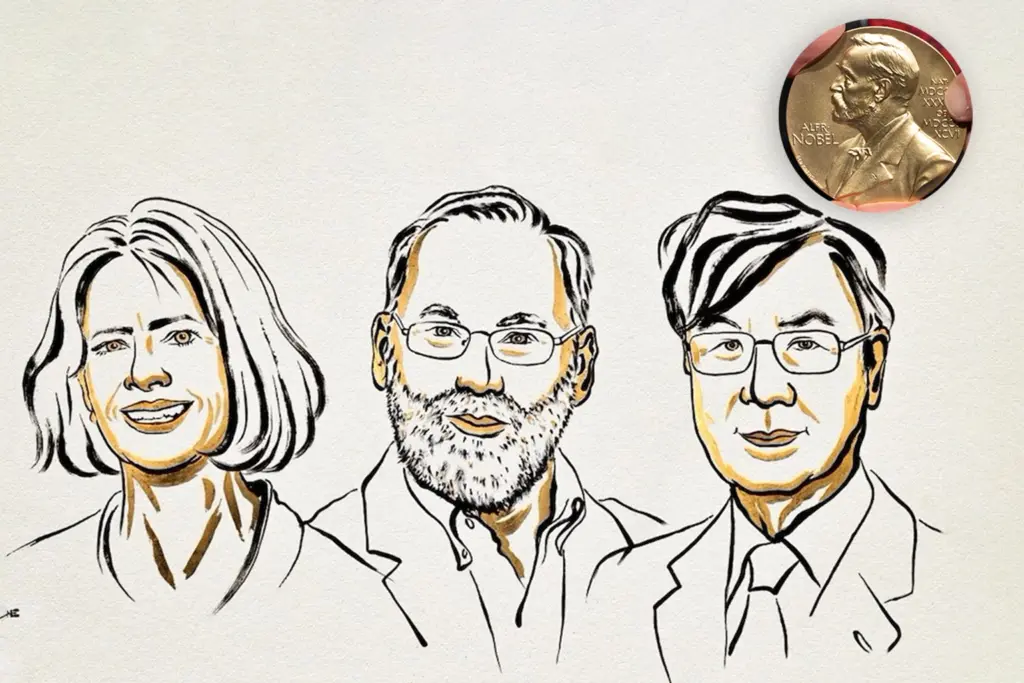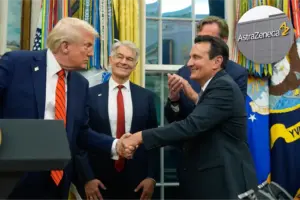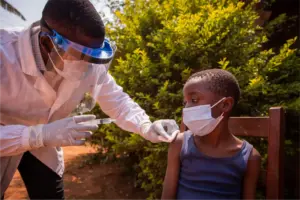
Nobel Prize in Medicine: American scientists Mary E. Brunkow and Fred Ramsdell, and Japan’s Dr Shimon Sakaguchi, have won the 2025 Nobel Prize in Physiology or Medicine for discoveries that explain how the immune system reins itself in outside the thymus, a safeguard known as peripheral immune tolerance.
The trio’s work revealed and decoded regulatory T cells (T-regs), the immune system’s “security guards” that prevent T cells from attacking the body’s own tissues. Sakaguchi first identified this cell subset in 1995; in 2001, Brunkow and Ramsdell traced a pivotal mutation in the FOXP3 gene tied to a rare human autoimmune syndrome. Two years later, Sakaguchi showed FOXP3 is the master switch for T-reg development, completing a blueprint for how immune restraint is hard-wired.
Also Read | India’s doctors lack brain-death training, AIIMS-led study finds
“These discoveries laid the foundation for a new field and are already steering therapies for autoimmune disease and cancer,” the prize-awarding body said. Marie Wahren-Herlenius of the Karolinska Institute framed the award succinctly: it’s about “how we keep our immune system under control so we can fight microbes and still avoid autoimmunity.”
Sakaguchi, a distinguished professor at Osaka University’s Immunology Frontier Research Centre, told reporters he was “tremendously honoured.” Brunkow is a senior program manager at the Institute for Systems Biology in Seattle; Ramsdell, a co-founder of Sonoma Biotherapeutics in San Francisco, now serves as its scientific adviser. Thomas Perlmann, secretary-general of the Nobel Committee, said he reached Sakaguchi by phone but left messages for the other two laureates.
The medicine prize is the first announcement of Nobel week. Laureates receive 11 million Swedish kronor (about $1.2 million) and a gold medal at a ceremony on Dec. 10, the anniversary of Alfred Nobel’s death. Established in 1901 under Nobel’s will, the prizes celebrate breakthroughs across science, literature and peace. Recent medicine awards have recognised advances from fundamental genetics to vaccine-enabling discoveries.








